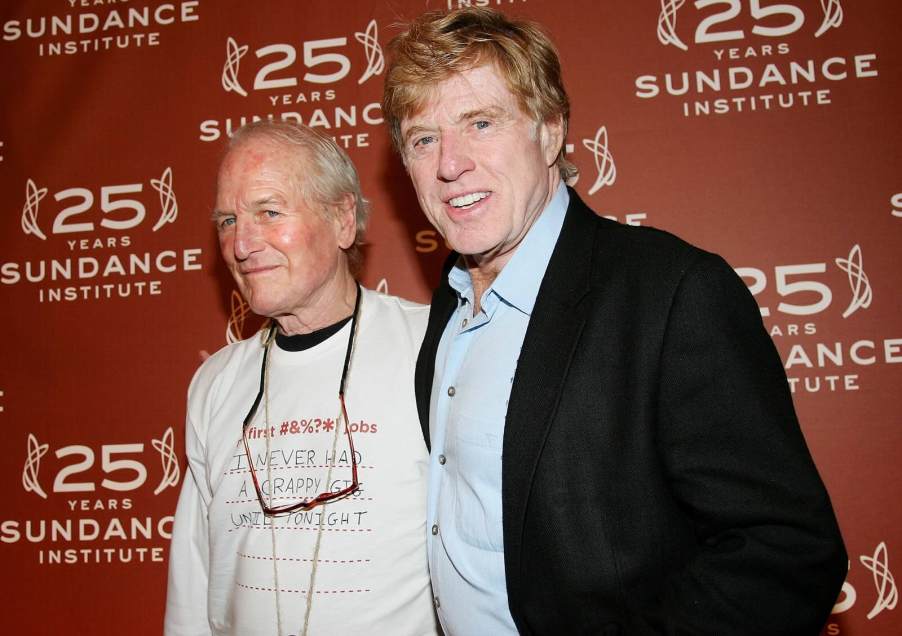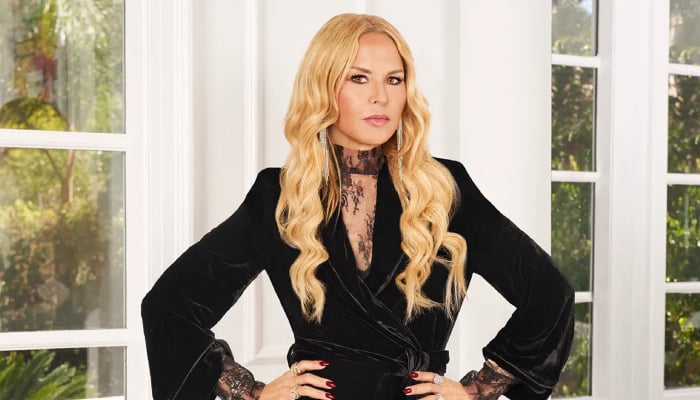
Tyler Perry’s Straw Review: Taraji P. Henson Shines in a Story That Pushes Black Pain Too Far
Tyler Perry has built an empire telling stories that center Black women – but more often than not, those stories come with a heavy helping of pain, humiliation, and suffering. With Straw, his latest film for Netflix, Perry doesn’t just lean into that formula. He cranks it up so loud you can’t hear anything else. And for some, that’s the point. For others, it’s just more of the same.
Janiyah, played with raw emotion by Taraji P. Henson, isn’t just struggling. She’s drowning. Her apartment is loud, sweltering, and collapsing in on itself. She’s raising a sick daughter on her own while working multiple jobs. Her bills pile up. Her hope runs dry. Every inch of her life is designed to break her down – and Perry wastes no time applying pressure from every direction.
Misogynoir on Full Display
Let’s be honest: Tyler Perry has long been accused of mishandling the portrayal of Black women, and Straw gives those criticisms plenty of ammunition. Janiyah isn’t a character so much as a punching bag. She’s constantly under fire – from customers, bosses, the legal system, landlords, and even the weather. One moment, she’s dodging a soda bottle lobbed by an angry customer. The next, she’s being screamed at by a cop and threatened with violence.
This isn’t a slow-burn tragedy. It’s a pressure cooker set to explode.
And it does.
After losing her job, her apartment, and custody of her daughter, Janiyah finds herself at her lowest. The tension builds to a breaking point when she’s caught in a store robbery gone wrong. She kills one of the robbers in self-defense, only to be falsely accused by her boss of being in on the heist. His reasoning? The robber “knew her name.” No surprise – it was on her name tag.
When the boss threatens her, Janiyah finally snaps. She shoots him. That moment is meant to be the ultimate release of everything she’s held inside, but instead of feeling cathartic, it lands like another brick in Perry’s wall of trauma.
A John Q-Style Spiral
The film shifts tone in the third act. Now Janiyah is holed up in a bank, trying to cash her final paycheck. The bank freaks out. Cops swarm the place. A media frenzy begins. Janiyah becomes the reluctant face of a public standoff, and just like that, Straw becomes Perry’s take on John Q. The difference? Where John Q had dignity and direction, Straw often feels like a chaotic blend of social commentary that never quite comes together.
Perry touches on everything from systemic racism in healthcare to police brutality to mental health in the Black community. But nothing sticks. These issues deserve attention, but Perry treats them like bullet points on a checklist, not threads in a story. And while he clearly wants us to sympathize with Janiyah, the trauma overload makes it hard to breathe, let alone process.
Strong Cast, Uneven Direction
For all its flaws, Straw does something right: it gives good actors space to do great work. Taraji P. Henson is the backbone of this film. She carries every scene, flipping between desperation, rage, and heartbreak with ease. This isn’t her first rodeo with Perry – and unfortunately, it feels like she’s been put through the emotional wringer in all of them. You can’t help but wonder: why does Perry keep casting her just to crush her?
Teyana Taylor stands out as the hostage negotiator, a calm and commanding presence who actually listens to Janiyah. Her scenes are some of the few with emotional balance. Sherri Shepherd also impresses as the bank manager. It’s a role that could’ve been stiff, but she brings empathy and depth that’s refreshing in a film that rarely lets up.
Still, the strong performances can’t completely make up for the strange choices behind the camera. The pacing is jerky. The day turns to night without warning. Rainstorms show up like clockwork anytime Perry wants to push Janiyah even further. These jarring transitions make the film feel more like a stage play caught in a thunderstorm than a polished thriller.
The Message Gets Lost
It’s clear Perry wants to say something with Straw. He wants us to look at the systems that fail people like Janiyah every single day. He wants to talk about the impossible choices poor Black women face. He wants to spark outrage. And at times, he does.
But too often, Straw feels like it’s punishing Janiyah more than it’s defending her. The film’s title is clever – a nod to the idiom “the last straw” – but Perry doesn’t just show the straw. He dumps the whole bale on Janiyah’s back and then blames her for breaking. It’s the same old Perry playbook: make a woman suffer endlessly, then force her to earn her redemption through violence or pain.
In one scene, a protester holds a sign that reads, “Nevertheless she persisted.” It’s meant to be empowering. Instead, it feels like a grim joke. Janiyah didn’t persist because she wanted to. She persisted because Perry gave her no other option.
And once again, the person pulling all the strings – the writer, the director, the producer – is a billionaire man who claims to speak for Black women but rarely seems to actually hear them. Straw might be one of his better-looking, better-acted films, but it’s still built on the same old foundation of suffering and moral judgment.
That’s not empowerment. That’s control. And it’s getting tired.
Popular Categories





